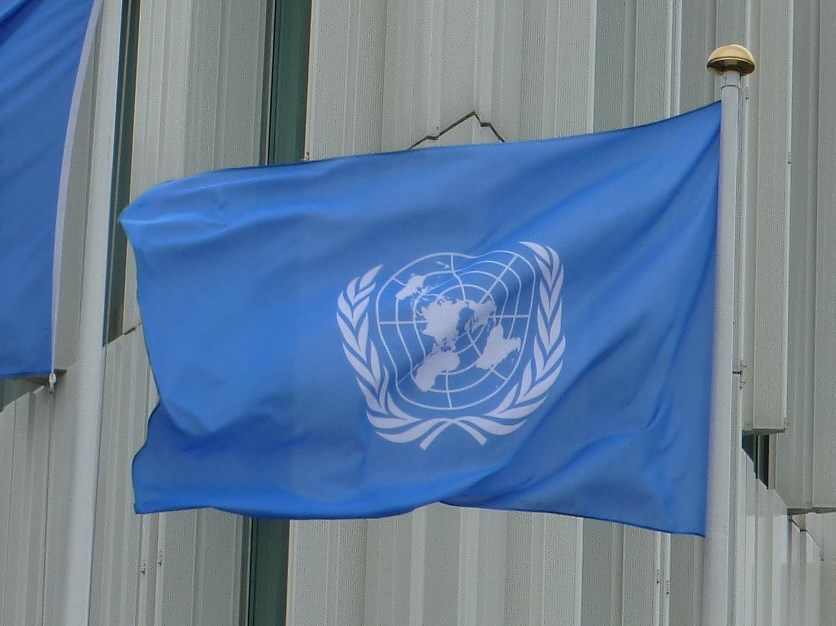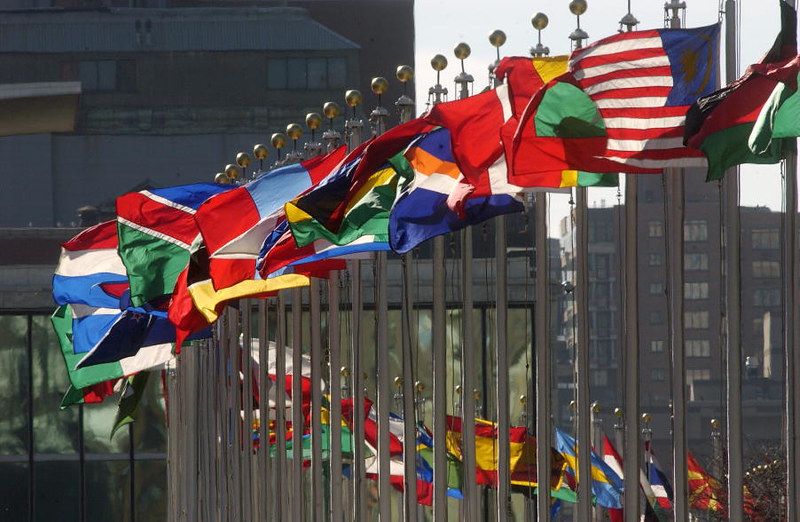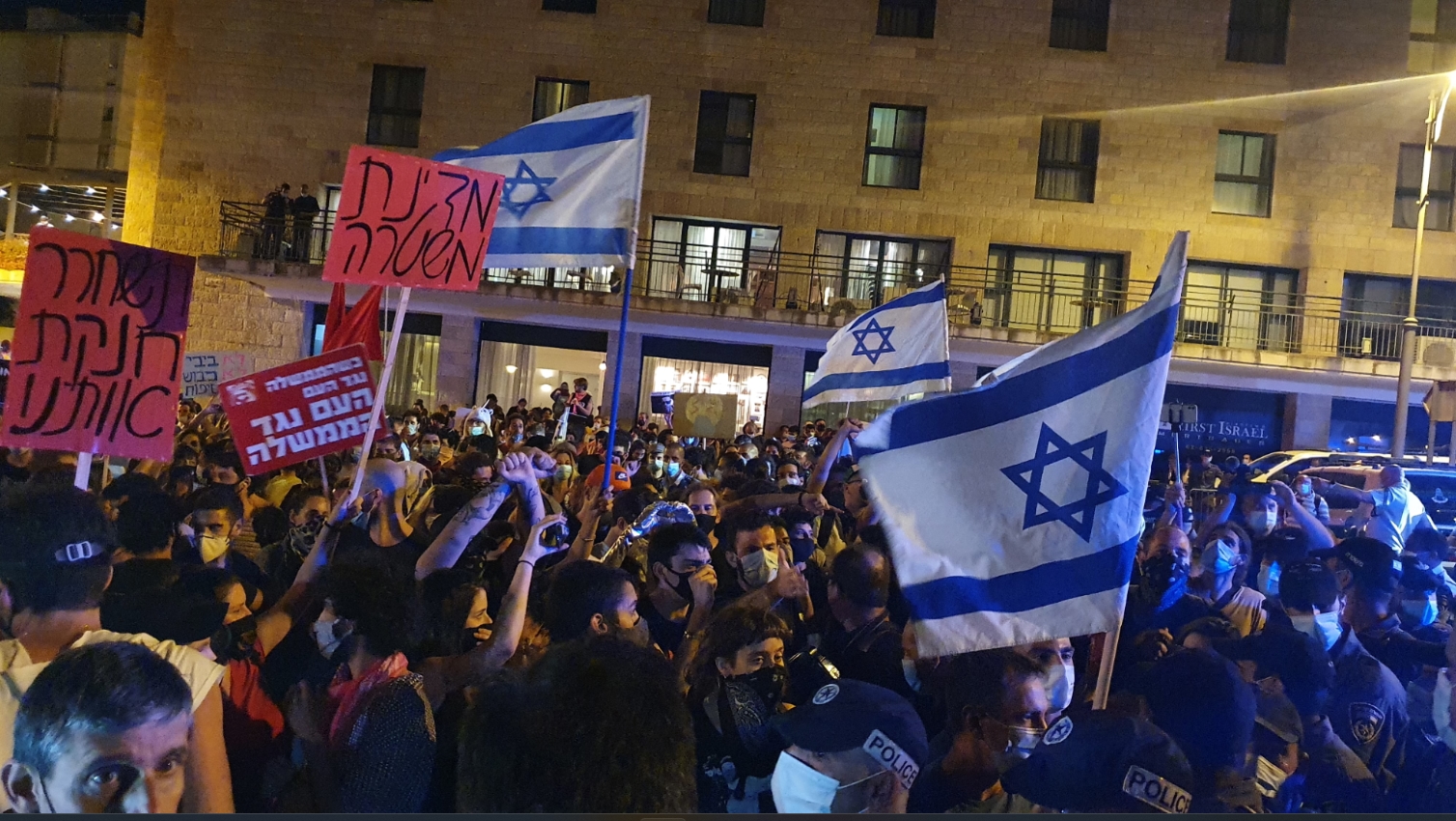State and Non-State Actors in the New Epoch of Global Politics
Amidst the ongoing metamorphosis of global political dynamics, traditional conceptions of influence and power are being continuously re-evaluated. Historically, nation-states served as the chief, if not exclusive, orchestrators of international relations, dictating the rhythms and nuances of global engagement. Yet, with the flux of recent decades, the tableau of international politics now includes a myriad of non-state entities—multinational corporations, non-governmental organizations, insurgent factions, and transnational advocacy coalitions, to name a few. With diverse objectives and substantial capabilities, these actors have begun to significantly sway global policies, methodologies, and dialogues.
This article intends to provide a rigorous analysis of the multifaceted interactions between state and non-state entities, scrutinizing the molding influence of core theories of international relations on these dynamics. Through a comprehensive exploration of overlapping and diverging objectives, the subtle nuances of power play, and the fluid concepts of sovereignty and dominance, this discourse aims to offer an enriched understanding of current global political structures. Along this scholarly trajectory, we will also probe the sufficiencies and insufficiencies of both established and emerging international relations theories in elucidating these intricate ties in our globalized age.

For eons, state actors have served as the keystones of global politics, architecting the international sphere through avenues like diplomacy, warfare, commerce, and other state-directed endeavors. Their resolutions, anchored in nationalistic pursuits and dictated by internal demands, frequently draw inspiration from the Westphalian paradigm of state sovereignty, which positions the nation-state as an unparalleled and sacrosanct entity in international relations.
Classical paradigms in international relations, especially Realism and Neorealism, extol the state as the primary protagonist in an international setting characterized by structural anarchy. Realists, for instance, argue that states, driven by innate security concerns, navigate the global arena to augment their influence. In such perspectives, power dynamics are perceived as zero-sum games, mandating states to remain perpetually vigilant. This notion of power equilibrium, championed by theorists like Morgenthau and Waltz, emphasizes strategic counter-balancing against potential global hegemonies.
As we venture deeper into the 21st century, it becomes incontrovertible that state actors no longer hold an unchallenged monopoly over global determinants. The ascendancy of non-state actors, propelled by technological innovation and the tendrils of globalization, is progressively eroding age-old political norms.
Take, for instance, Multinational Corporations (MNCs) whose economic prowess often eclipses that of entire nations. Behemoths like Apple, Google, and Amazon not only hold colossal financial clout but also influence socio-political landscapes, impacting everything from national fiscal policies to international strategic alliances. Their vast reach extends to global normative settings, evident in domains like cyber governance and sustainable practices.
Furthermore, Non-Governmental Organizations (NGOs) and their global networks transcend borders, addressing pressing issues from humanitarian crises to environmental degradation. Their operational modes vary, ranging from influencing state-led policies via advocacy to grassroots implementations in varied terrains. Their inherent strength often resides in their ability to craft compelling narratives, galvanize global sentiments, and establish symbiotic networks transcending national confines.

Dark facets like terrorist factions and insurgent entities underscore the negative potentials of non-state influence. By manipulating modern tools, they not only challenge existing power hierarchies but also necessitate a paradigm shift in defense and diplomatic strategies.
State and non-state entities often find themselves entangled in intricate dances of collaboration and conflict. States, recognizing the economic potentials, might forge symbiotic ties with MNCs. Simultaneously, these states could face adversarial NGOs critiquing their governance or sustainability records.
Constructivist paradigms in international relations, championed by scholars like Wendt, illuminate this evolving mosaic. They underscore the primacy of ideologies, norms, and collective identities in determining interactions in the global theatre. It’s not mere tangible prowess, but also ideational and narrative strengths that shape outcomes. The anti-landmine campaigns, orchestrated by NGOs and subsequently adopted by numerous states, exemplify the potency of normative structures in global politics.
Furthermore, Nye’s “soft power” introduces a dimension where influence is garnered through allure rather than sheer force. Cultural ethos, foundational values, and compelling stories emerge as potent tools in this complex geopolitical game, and non-state actors have masterfully harnessed them.
While classic international relations doctrines offer invaluable insights, their inherent state-centricity often proves inadequate in encompassing the burgeoning prominence of non-state entities. Realism’s anarchy-dominated view, for instance, overlooks cooperative symbioses fostered by NGOs or the normative gravitas of international bodies.
Liberalism, despite acknowledging international cooperatives and institutions, retains a state-focused lens, often neglecting nuanced dynamics introduced by non-state players. However, paradigms like Complex Interdependence, pioneered by Keohane and Nye, edge closer to encapsulating these evolving dynamics by emphasizing diverse avenues of global interactions.
In our contemporary, interconnected global epoch, a profound comprehension of global politics necessitates the acknowledgment of both state and non-state protagonists. Their multifaceted engagements, which oscillate between cooperation and contention, chart the course of global events. As the global political topography continually reshapes, so must our academic paradigms evolve, ensuring they aptly reflect the intricate choreography of state and non-state global endeavors.




Comments